Table of Content
▲- Why Roofing Matters More Than You Think
-
Exploring the Different Types of Roofing Sheets in India
- 1. Metal Roofing Sheets
- 2. Solar Roofing and Energy Efficiency
- 3. Asphalt Shingles
- 4. Clay and Concrete Tiles
- 5. Synthetic Roofing Materials
- 6. Green Roofs
- 7. Concrete Tiles
- 8. Asbestos Cement Sheets
- 9. Terracotta Tiles
- 10. Corrugated Roofing Sheets
- 11. Bitumen Sheets
- 12. Plastic Roofing Sheets
- 13. ISOLINE Under Roofing System
- 14. ONDUVILLA Lightweight Roofing Tiles
- 15. ONDULINE Lightweight Purlins
- Choosing the Right Roofing Material
- Advantages of Alternative Roofing Materials for Indian Homes
- What’s New in the Indian Roofing Industry?
- Conclusion
When it comes to building or renovating a house, the roof is more than just a structural cover it defines your home’s durability, energy efficiency, and aesthetic appeal. In recent years, homeowners have begun exploring Alternative Roofing Materials for Indian Homes that combine sustainability, cost-effectiveness, and long-lasting performance. Traditional materials like clay tiles are being reimagined with modern touches, while new solutions such as solar and green roofs are revolutionizing roofing design in India.
These best roofing materials for India are engineered to handle harsh weather conditions from the intense summer heat to torrential monsoons while reducing energy consumption and maintenance costs. Whether you prefer eco-friendly roofing options in India, affordable roofing materials, or durable roofing materials for Indian climates, this guide will help you make an informed and lasting choice.
Why Roofing Matters More Than You Think
A roof is not just protection from the elements, it’s an investment in safety, comfort, and home value.
Key Roles of Roofing:
- Shields against rain, wind, and UV radiation
- Provides thermal insulation for comfort
- Reduces noise and external disturbances
- Enhances property value and visual appeal
Choosing the right modern roofing materials in India ensures a strong foundation for long-term performance and style.
Also Read: How to Choose the Right Brick Size and Type for Your Dream Home
Exploring the Different Types of Roofing Sheets in India
1. Metal Roofing Sheets
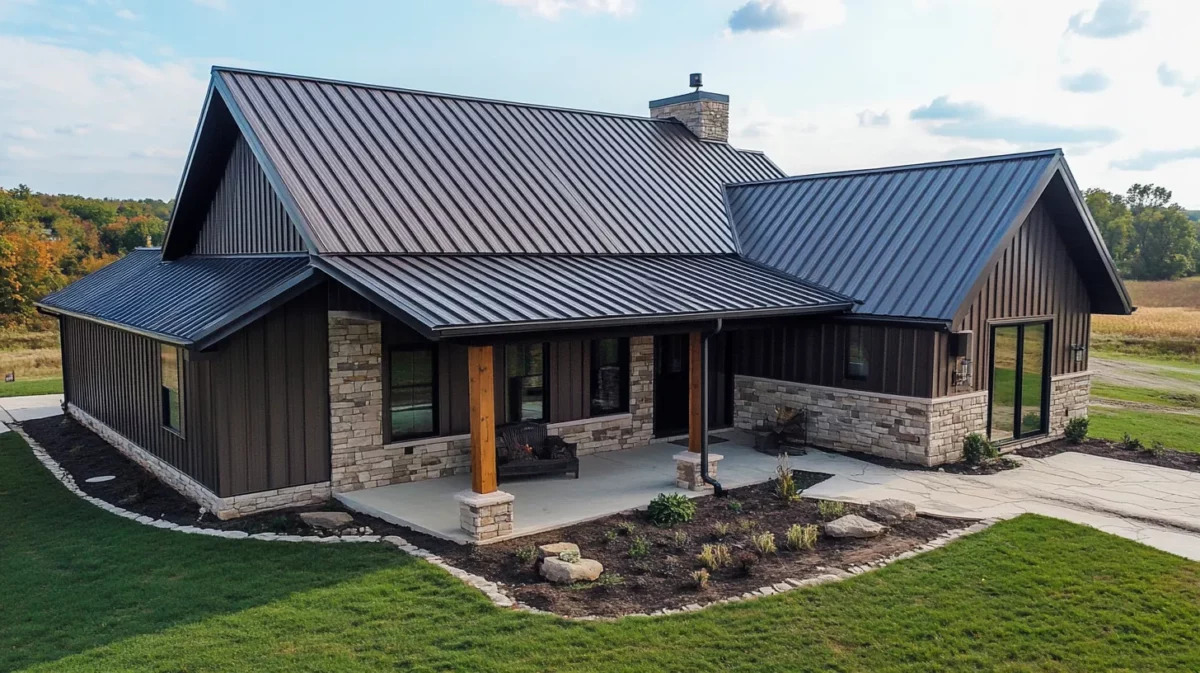
Metal roofing stands out among Alternative Roofing Materials for Indian Homes for its strength, fire resistance, and long lifespan. Made from galvanized steel, aluminium, or zinc, it’s highly resistant to corrosion and suitable for diverse climates.
Why Choose:
- Excellent durability and fire resistance
- Minimal maintenance required
- Reflects sunlight, improving energy efficiency
- Available in multiple colors and textures
Best For: Industrial buildings, warehouses, and modern residential projects
2. Solar Roofing and Energy Efficiency
.jpg)
Solar roofing is among the most advanced eco-friendly roofing options in India, combining renewable energy with a sleek design. These roofs use integrated solar tiles instead of panels, producing clean power without compromising appearance.
Why Choose:
- Reduces electricity bills
- Environmentally friendly energy source
- Adds modern design value
- Increases property resale value
Best For: Urban homeowners seeking sustainable, energy-efficient solutions
Top Brands: Tejas Borja, Borja Tech, TB-12, Alicantina 12
3. Asphalt Shingles
.jpg)
Asphalt shingles are one of the affordable roofing materials in India, popular for their aesthetic flexibility and easy installation. They provide waterproofing and heat resistance ideal for variable Indian weather conditions.
Why Choose:
- Low cost and wide design options
- Simple and fast installation
- Long-lasting and easy to maintain
Best For: Residential homes in hot and humid regions, including coastal cities
4. Clay and Concrete Tiles
.jpg)
Among durable roofing materials in India, clay and concrete tiles are timeless. They offer natural insulation and withstand extreme heat while giving homes a classic architectural appeal.
Why Choose:
- Lasts over 50 years
- Excellent insulation and fire resistance
- Requires minimal upkeep
Best For: Heritage-style or Mediterranean-inspired Indian homes
5. Synthetic Roofing Materials
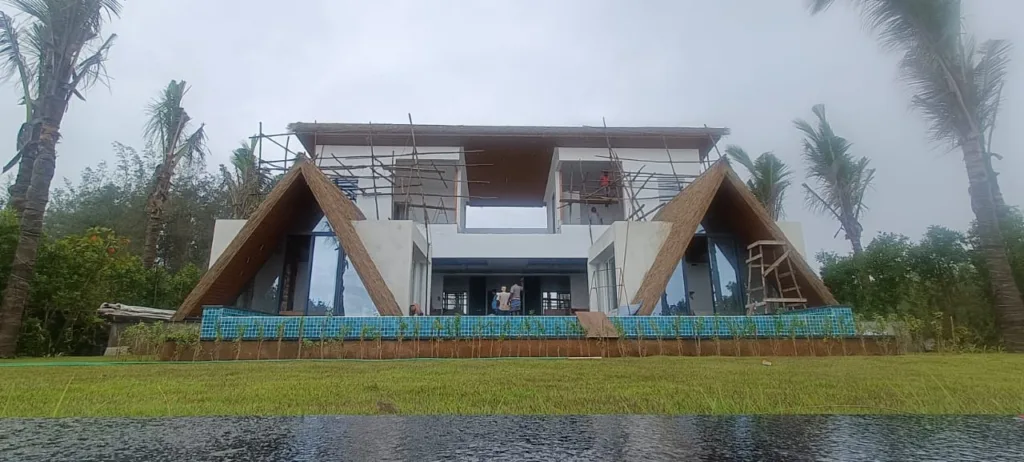
Synthetic roofing materials are gaining popularity as modern roofing materials in India. Made from polymers, they mimic natural slate or wood while being lightweight and easy to maintain.
Why Choose:
- Resembles premium materials affordably
- Resistant to fading, cracking, and mold
- Quick installation with minimal tools
Best For: Contemporary homes and design-conscious homeowners
6. Green Roofs
.webp)
Green roofs are revolutionizing sustainable roofing in Indian cities. Covered with vegetation, they provide natural insulation and reduce environmental impact.
Why Choose:
- Improves air quality and reduces pollution
- Keeps homes cool naturally
- Reduces rainwater runoff
- Supports biodiversity
Best For: Eco-conscious urban homes, offices, and apartments
7. Concrete Tiles
.jpg)
Concrete tiles are sturdy, long-lasting, and budget-friendly, offering durability without excessive weight. They can mimic slate, clay, or stone finishes.
Why Choose:
- Affordable yet durable
- Weather and UV resistant
- Low maintenance
Best For: Homeowners seeking a balance between price and performance
8. Asbestos Cement Sheets
.jpg)
While asbestos sheets were once common, today’s roofing solutions use safer fibre-reinforced materials offering similar strength without health hazards.
Why Choose:
- Low-cost and effective insulation
- Strong, long-lasting, and weatherproof
- Safe modern alternatives are available
Best For: Warehouses, small industrial setups, or rural buildings
9. Terracotta Tiles
.jpg)
Terracotta tiles have been a staple in Indian roofing types for generations. Their natural red hue and insulating properties make them both beautiful and functional.
Why Choose:
- Eco-friendly and recyclable
- Keeps interiors naturally cool
- Offers traditional aesthetic charm
Best For: Traditional Indian homes, villas, and cottages
Also Read: M20 Grade Concrete: Mix Ratio, Strength, and Uses Explained
10. Corrugated Roofing Sheets
.webp)
Corrugated sheets, available in metal, bitumen, or plastic, offer great versatility. Their wave-like design improves water drainage and adds rigidity.
Why Choose:
- Lightweight yet durable
- Easy installation and low maintenance
- Suitable for all weather conditions
Best For: Garages, farmhouses, and small industrial roofs
11. Bitumen Sheets
.webp)
Bitumen is a waterproof, cost-effective roofing material ideal for tropical and rainy climates. It’s flexible and easily installed for both temporary and permanent structures.
Why Choose:
- Excellent waterproofing
- Lightweight and flexible
- Quick, low-cost installation
Best For: Rain-prone areas or temporary roofing projects
12. Plastic Roofing Sheets
.webp)
Plastic sheets are lightweight, inexpensive, and suitable for quick installations. They come in various colors and transparencies.
Why Choose:
- Low-cost and versatile
- DIY-friendly and easily cut
- Available in multiple designs
Best For: Garden roofs, greenhouses, animal shelters
13. ISOLINE Under Roofing System
The ISOLINE system enhances thermal and waterproofing properties beneath existing roofs without altering external appearance.
Why Choose:
- Reduces internal temperature by up to 8°C
- Adds soundproofing and insulation
- Dual ventilation for better air circulation
Best For: Tile, slate, or metal roof structures seeking enhanced comfort
14. ONDUVILLA Lightweight Roofing Tiles
ONDUVILLA tiles combine rustic charm with modern performance, offering lightweight roofing for homes and resorts.
Why Choose:
- Stylish tile-like appearance
- UV and sound-resistant
- Simple and quick installation
Best For: Sloped roofs in cottages, farmhouses, and resorts
15. ONDULINE Lightweight Purlins
ONDULINE purlins are an innovation in structural roofing, strong, corrosion-resistant, and lightweight.
Why Choose:
- High strength-to-weight ratio
- Easy to install and transport
- Weather and corrosion resistant
Best For: Lightweight roof frameworks and renovation projects
Also Read: Whitewash vs Limewash: Understanding the Key Differences
Choosing the Right Roofing Material
Selecting the right roofing solution pays off in the long run.
Key Benefits:
- Weather protection against heat, rain, and wind
- Energy-efficient insulation for lower power bills
- Fire and corrosion resistance
- Minimal maintenance with long service life
- Increased property value and comfort
Advantages of Alternative Roofing Materials for Indian Homes
Choosing Alternative Roofing Materials for Indian Homes brings multiple benefits that go beyond basic shelter, enhancing comfort, savings, and sustainability.
- Energy Efficiency
Modern materials like solar tiles, metal sheets with reflective coatings, and green roofs help maintain cooler indoor temperatures, reducing air-conditioning costs. - Durability and Longevity
Materials such as concrete tiles, metal sheets, and synthetic roofing are designed to last decades, even under harsh Indian weather conditions like monsoons and heatwaves. - Eco-Friendly and Sustainable
Options like green roofs, solar tiles, and terracotta are made from natural or recyclable materials, minimizing environmental impact and promoting sustainable construction. - Cost-Effectiveness
While some materials may have higher upfront costs, their low maintenance, energy savings, and extended lifespan make them economical in the long run. - Aesthetic Versatility
From the earthy tones of terracotta to sleek modern UPVC and solar tiles, homeowners can choose from a wide range of styles to match both traditional and contemporary architecture.
What’s New in the Indian Roofing Industry?
The Indian roofing sector is rapidly adopting innovative roofing solutions focused on sustainability and performance:
- Solar-integrated metal roofing
- Fibre-based eco-friendly sheets
- UV-coated coloured roofs
- Modular and insulated sandwich panels
- Smart, climate-responsive materials
With technological advancements and sustainability awareness, Alternative Roofing Materials for Indian Homes are reshaping modern architecture, offering solutions that are practical, stylish, and future-ready.
Conclusion
Choosing the right roof isn’t just about protection; it’s about long-term comfort, sustainability, and style. From metal roofs to solar tiles, green roofs, and terracotta designs, the wide range of Alternative Roofing Materials for Indian Homes offers a durable and energy-efficient solution for every homeowner. With Alternative Roofing Materials for Indian Homes, you can achieve superior performance, enhanced aesthetics, and long-term cost savings while maintaining an eco-friendly approach.
Whether your priority is affordability, design, or environmental responsibility, these Alternative Roofing Materials for Indian Homes deliver a perfect blend of durability and modern appeal. As roofing technologies continue to evolve, Alternative Roofing Materials for Indian Homes are setting new benchmarks in quality, helping homeowners build roofs that are not only strong and stylish but also sustainable for the future.

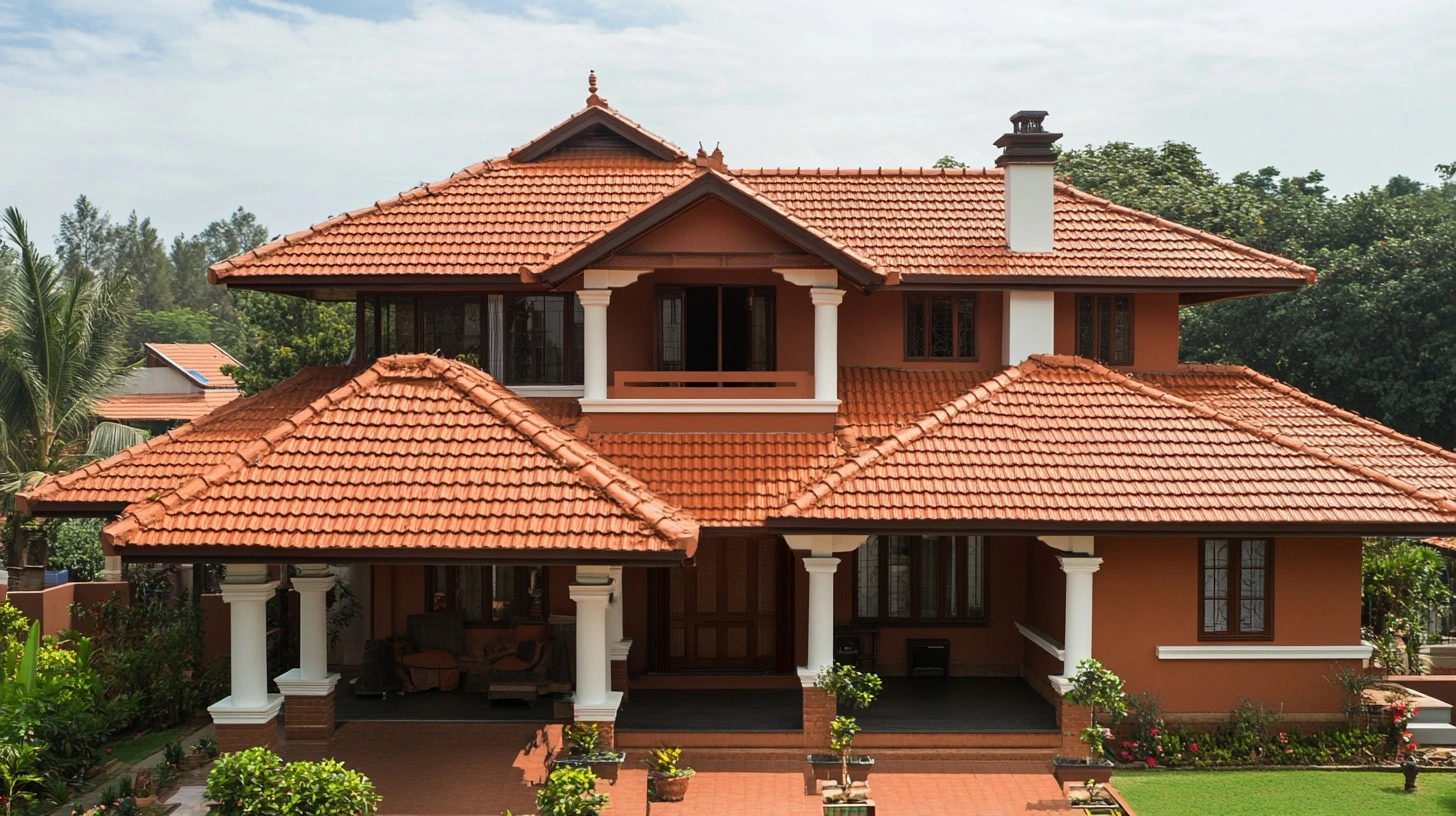



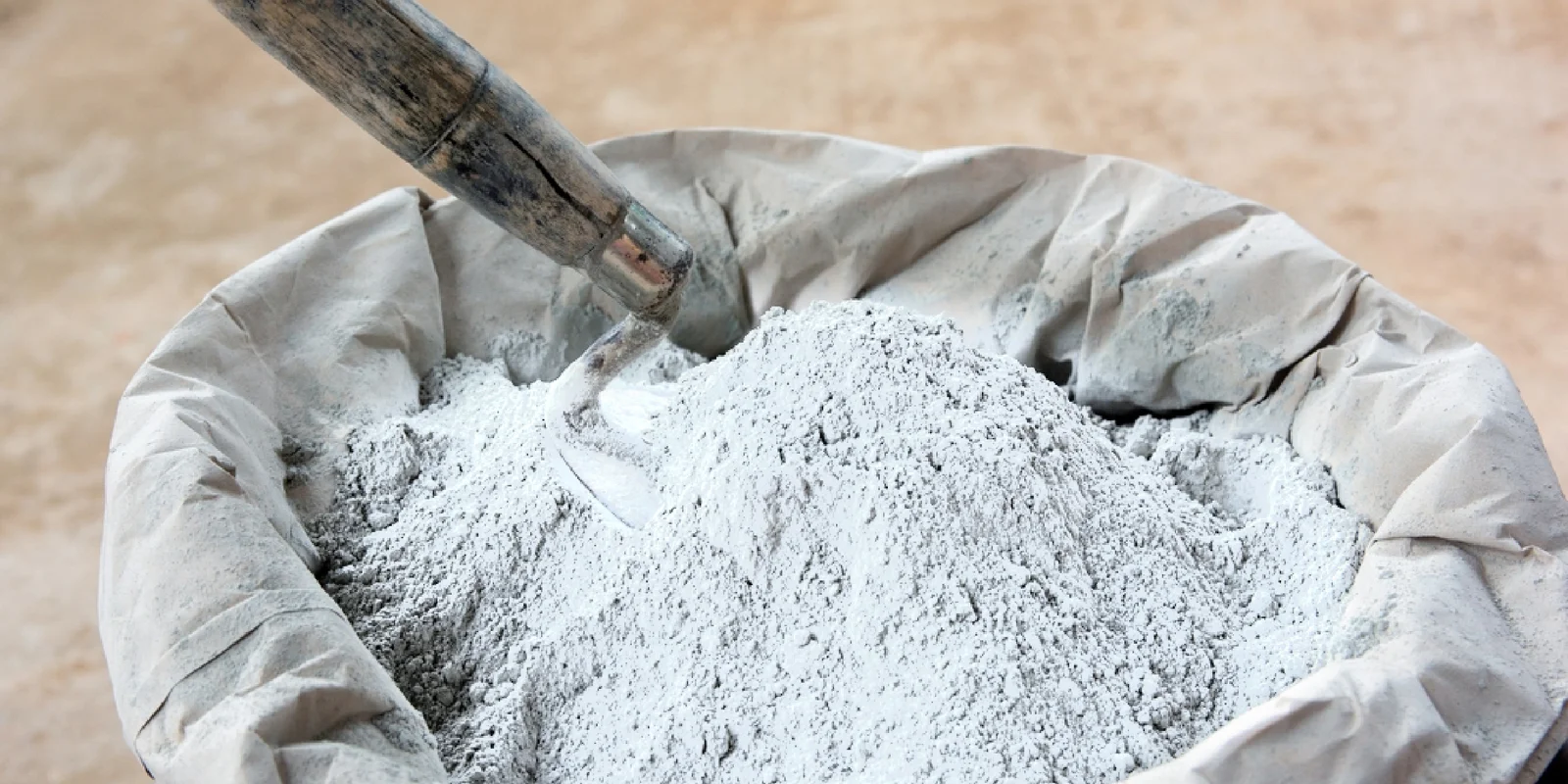

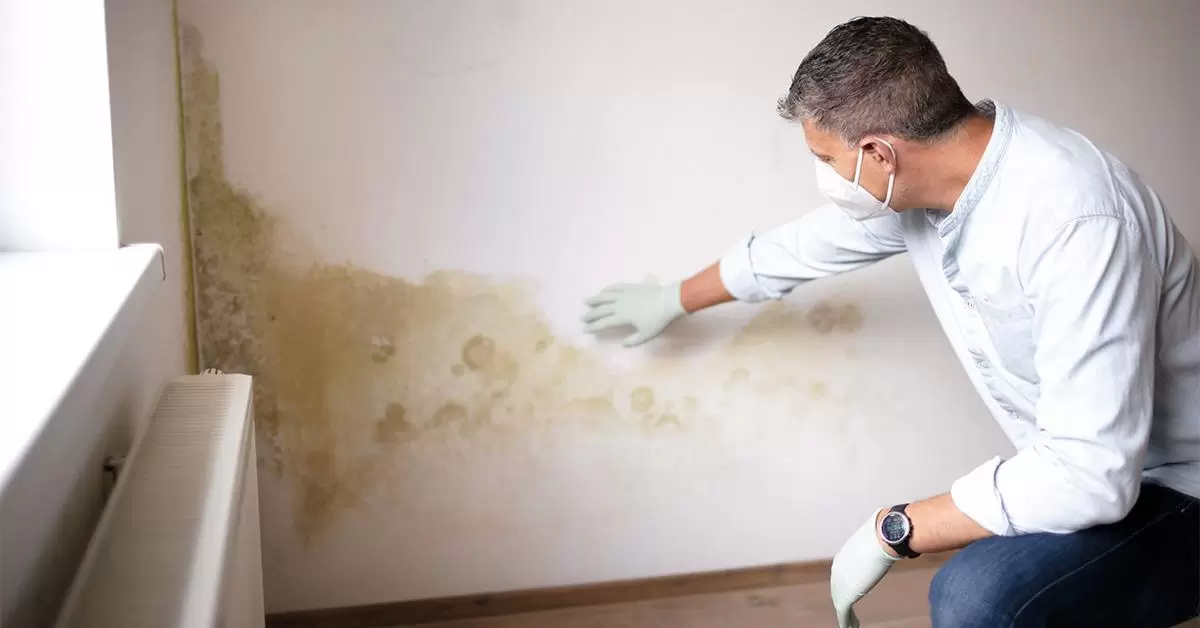

_1771582392.webp)
_1771577585.webp)
Ans 1. Popular choices include metal sheets (galvanized steel, aluminum), fiber cement, clay tiles, and shingles. Consider factors like weather resistance, cost, and aesthetics when choosing.
Ans 2. The initial cost can vary. Some, like metal sheets, might be cheaper upfront, while others, like clay tiles, could be more expensive. However, consider long-term costs like maintenance and energy efficiency.
Ans 3. Assess your budget, climate conditions (rainfall, temperature), desired aesthetics, and structural requirements. Consult with a roofing professional for personalized recommendations.
Ans 4. Many are designed to withstand Indian weather. Look for materials with good water resistance, heat reflectivity, and wind resistance ratings. Proper installation is crucial for longevity.
Ans 5. Maintenance varies depending on the material. Metal roofs may need occasional cleaning, while clay tiles might require inspections for cracks. Follow manufacturer guidelines for optimal lifespan.